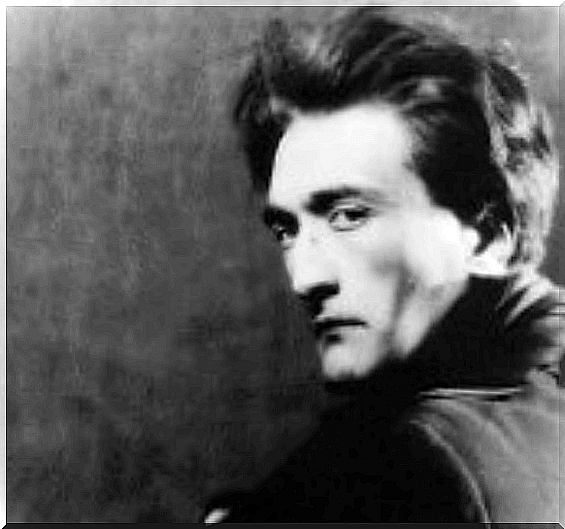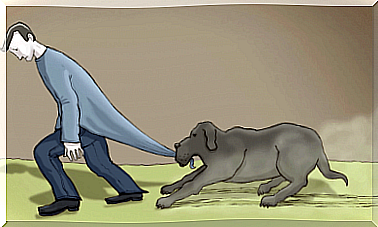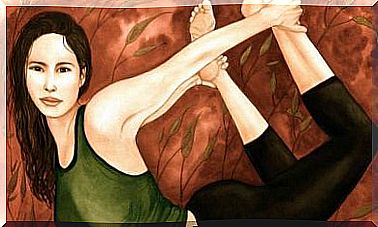5 Antonin Artaud Phrases To Dream About

Antonin Artaud’s phrases are full of poetry and vitality. They are the fruit of a creator who explored practically all literary genres, although he gained notoriety mainly as a poet and playwright. In fact, he is known as the creator of the “theater of cruelty.”
It can be said that all modern theater drinks from the philosophy that this extraordinary French writer impressed on it. Many of Antonin Artaud’s phrases speak precisely of the theater, but also of other human realities that he discovered within the framework of an existence of suffering.
At the age of 4, Artaud suffered meningitis that left him with lifelong sequelae. At the age of 9, his sister died surprisingly and he was immersed in a grieving process that he did not fully overcome. Perhaps it was those difficult experiences that made him a writer of deep sensitivity and lucidity. These are some of the phrases of Antonin Artaud that are most remembered.
1. What is living?
It is one of the most beautiful Antonin Artaud phrases. Associate in it life and the essential ignorance that defines it. We are born knowing hardly anything and we die having solved only a small part of those questions that haunt us.
Artaud does not speak of this ignorance from an intellectual point of view. That is why he uses the word “burn.” All that not knowing is a burning flame. We do not know exactly where we came from, or where we are going, or why we are here.

2. The cinema, a drug
This phrase is an exaltation and a criticism of the cinema. Artaud was primarily a man of the theater and viewed the boom in cinema with some skepticism . It seemed to him that the mediation of the screen detracted from what it exhibited.
That is why he gives an ambiguous value to this art. He calls it morphine, which is both a harmful substance and a carrier of a certain well-being. Hence, he defines it as a harmless poison: it is inherently negative, but does not cause serious damage.
3. One of Antonin Artaud’s phrases about being
There are many phrases by Antonin Artaud in which his intense and almost violent spirit is revealed. His childhood illness made him a nervous person, who over time developed paranoid delusions.
That is why Artaud spent long periods in psychiatric hospitals. The headline phrase, although said in an aggressive way, reveals a very human message. Being is not something only sublime, but also prosaic and vulgar.
4. The language of words
Antonin Artaud was also someone very interested in mystical phenomena. During his childhood and youth he was very devoted to religion. Later he undertook new spiritual searches, which even led him to live with the Tarahumara community in Mexico.
His way of seeing life made him very sensitive to the most subtle phenomena. With the Tarahumara he became deeply involved, despite the language barrier. Perhaps that is why the phrase refers to the fact that words are just one of the many means that exist to communicate and generate understanding.

5. The only occupation
Artaud was above all an explorer of the human spirit. After his stay in Mexico, he entered into some esoteric practices, such as the Tarot, astrology and numerology. His obsession with these issues brought him back to a state of extreme nervousness.
In 1938 he was deported from Ireland to France for ” exceeding the limits of marginality .” He then spent nine years in mental hospitals. It was a time of great suffering for him and he confirmed his hatred for psychiatry, which he blamed for the damage done to many human beings.
Antonin Artaud died in 1943, having undergone several electroconvulsive treatments that decimated him physically and mentally to an extreme degree. Thanks to a group of friends, he was able to spend his last three years outside of mental institutions.









